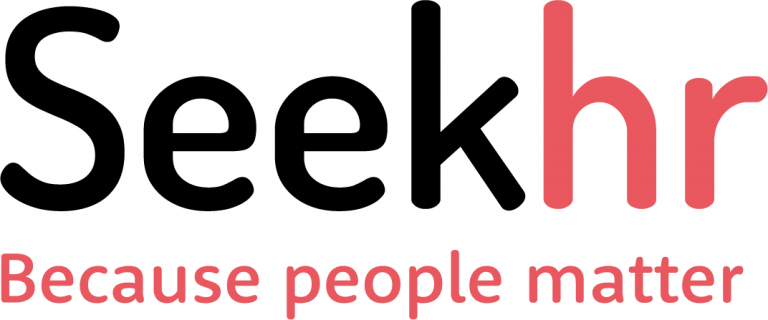
Renato is a licensed therapist and studied Psychology in 2009, so has a huge passion for Performance Management, Learning & Development and Mental Health, working with people to be the best versions of themselves.
Specialist People and Talent recruiter, Lori Bavetta, talked to Renato about Performance Management Cycles and how best you can create a positive culture around them.
So, what is Performance Management?
Performance management gives people a sense of progression and a sense of clarity. Giving people feedback so they know where they are currently and where they are going, which will also be based on your company’s vision and values.
Performance management as a process
Performance management has always been a very traditional process. Reviews are most likely held at the end of every year, with some companies adding in a mid-year review, too. The process is normally recorded on a document which sets ratings and goals and almost feels like a ‘tick box exercise’, for not only the employee, but the employer as well.
Tying individual results to ratings and promotions is an old mindset in terms of performance management. People are not keen on this process and studies show that most people do not like being rated, they do not enjoy completing forms and it’s difficult for most employees to reflect on something they did 6 months ago.
This process seems to be a blanket ‘one size fits all’. However, people have individual experiences and preferences which means that any form of standardisation will simply not work. I mean, it can work if the process is being optimized for controlling instead of individual development but that means there will be a lot of unhappy people.
What is the future of performance management?
Every company has a different culture and set of values, so there isn’t a standardised process that we should be striving for when measuring performance.
Where companies are failing is that a one size does not fit all, and best practice is not to be copied but to be adapted. Performance Management will also always be an evolving process.
As we look to the future of Performance Management, we should not be continuing with a standardised process. Instead, we need to focus on the human, develop individualised experiences, whilst making the process adaptable to your company’s beliefs and values. Taking these steps will make the process more impactful.
Six steps to improve your performance management system
The Performance Management system should be a mirror of your company’s beliefs. Start by setting out your expectations, outlining your values as a company, and what you are looking for from your employees. Set clear goals and objectives and know how you make decisions and what you are basing them off.
Consider these six things to improve your performance management system:
- What does good look like?
- Do you have salaries, bandings and benefits outlined and are they clear for everyone?
- How do you promote people?
- How do you fire people?
- How do you pay your people and are you paying them fairly?
- What are the changes for your employee to go from one stage to another?
The importance of integrating performance management into every day
Performance Management is the name we give the process. However, what makes the experience the best it can be is…
- How good your managers are in having those conversations
- How good you are as a company to create clarity on where you are going as a company
- What you are going to do as a business
- What is expected of each person
If performance management feels integrated into your day to day, then employees do not get the feeling of a cycle or ‘it’s time for performance reviews!’ A combination of all those aspects will not require such a full and robust performance management review process because the basics are being covered every day through natural organic conversations.
However, it doesn’t matter how good of a process you have if your managers are not properly equipped to have these conversations. You must invest in your leadership team and develop your managers. Creating clarity for your leadership team is essential, but also how you develop your managers to deal with different situations and conversations.
Instead of focusing on finding the perfect performance review process, it’s more important to focus on creating a culture of continuous feedback and development. This means giving people regular feedback on their performance. It also means providing people with opportunities to learn and grow.
If you can create a culture of continuous feedback and development, a performance review experience will feel more like an integrated aspect of the day to day and less like a boring and bureaucratic process.
Looking for specialist recruitment support? Get in touch with Lori!
If you’re looking to improve your work environment and performance management processes, you need the right People Teams in place. Be sure to get in touch with our recruitment consultants for support with specialist people and talent recruitment.




